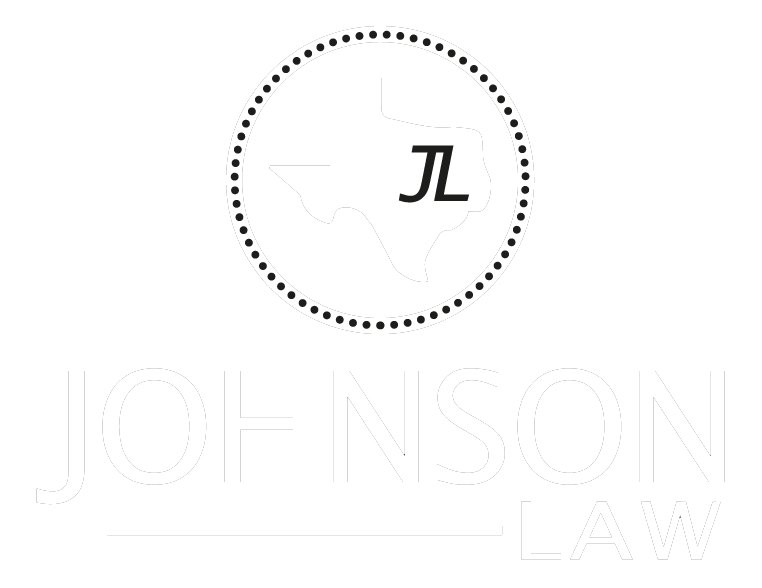Whether you have fallen victim to these difficult economic times, have experienced an unexpected expense that has depleted your budget or have simply overspent, no one is immune from financial problems. If you have fallen behind on the payment of an unsecured debt, such as your credit cards, you face the possibility of being sued.
A question commonly asked is: “What happens if I am sued and a judgment is obtained against me?” Once a judgment becomes final, a creditor can begin the process of collecting the debt. One of the more common collection methods is requesting the court to issue a writ of execution. This writ orders the sheriff to collect and sell any non-exempt assets of the debtor to satisfy the judgment.
The thought of the sheriff showing up at your home and gathering up and selling everything you own is terrifying. However, Texas law provides some protection by making certain assets exempt from execution.
Sections 41 and 42 of the Texas Property Code outlines exempt property. While not a complete list, exempt assets include:
- Your homestead;
- Personal property of various categories specified by statute up to an aggregate fair market value of $60,000 for a family and $30,000 for a single adult. This can include: (a) home furnishings; (b) provisions for consumption; (c) farming and ranching vehicles and implements; (d) tools and equipment used in trade or business; (e) wearing apparel; (f) jewelry not to exceed 25% of the exemption limits; (g) two firearms (h) athletic and sporting equipment, including bicycles; (i) a two-wheeled, three-wheeled, or four-wheeled motor vehicle for each member of the family who holds a driver’s license or who is not licensed but relies on another person to drive the vehicle for him; (j) two horses, mules or donkeys and a saddle, blanket and bridle for each, 12 head of cattle, 60 head of other livestock, 120 fowl; and (k) household pets.
- Current wages for personal services, except the enforcement of court-ordered child support; however, wages lose their exemption once deposited into a bank account;
- Unpaid commissions for personal services not to exceed 25% of the aggregate limits;
- Professional prescribed health aids of the debtor or his dependent;
- Certain retirement benefits and funds;
- College savings plans;
- Workers’ compensation payments;
- Cemetery lots held for the purpose of sepulcher;
- Property that the debtor sold, mortgaged or conveyed in trust if the purchaser, mortgagee or trustee points out property of the debtor sufficient to satisfy the judgment;
- Assets in the hands of the trustee of a spendthrift trust for the benefit of the judgment debtor;
- Certain insurance benefits;
- Alimony, support or separate maintenance payments received or to be received by the debtor for his support or the support of his dependents;
- Certain retirement plans such as IRA’s, Roth IRA’s, health savings plans, annuities; and
- Welfare benefits paid or payable to the debtor.
It should be noted that the above exemptions apply to individuals only and there are no exemptions that apply to corporations or other business entities.
If you have been sued and a judgment has been entered, you must know what assets are exempt and you can keep. For more information, contact our Brownwood Lawyers today.

